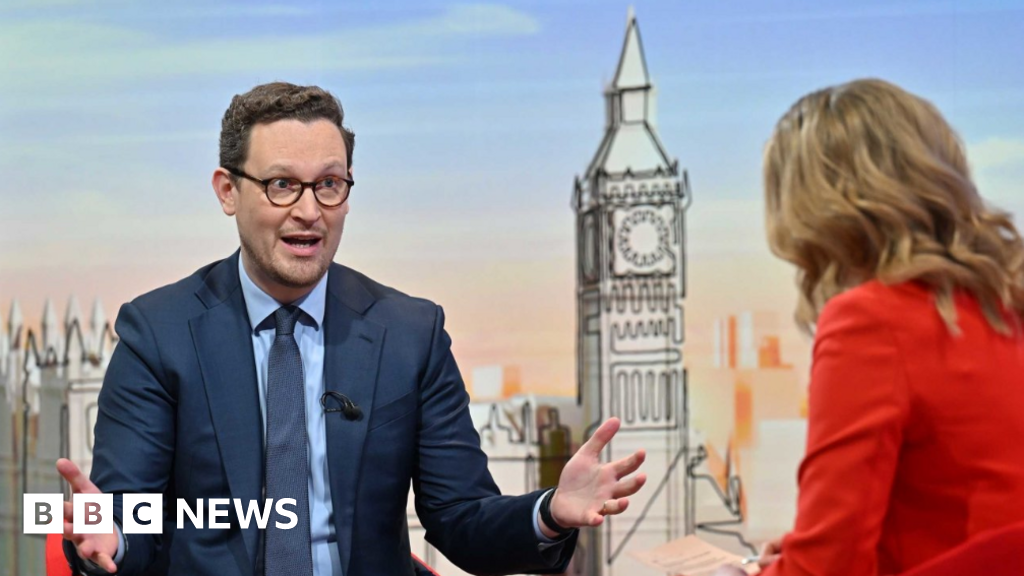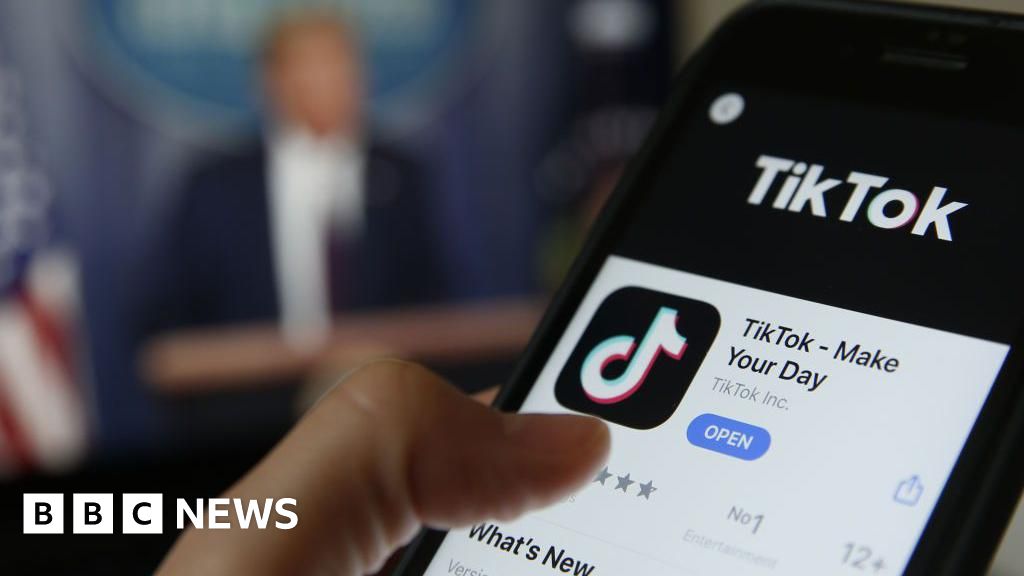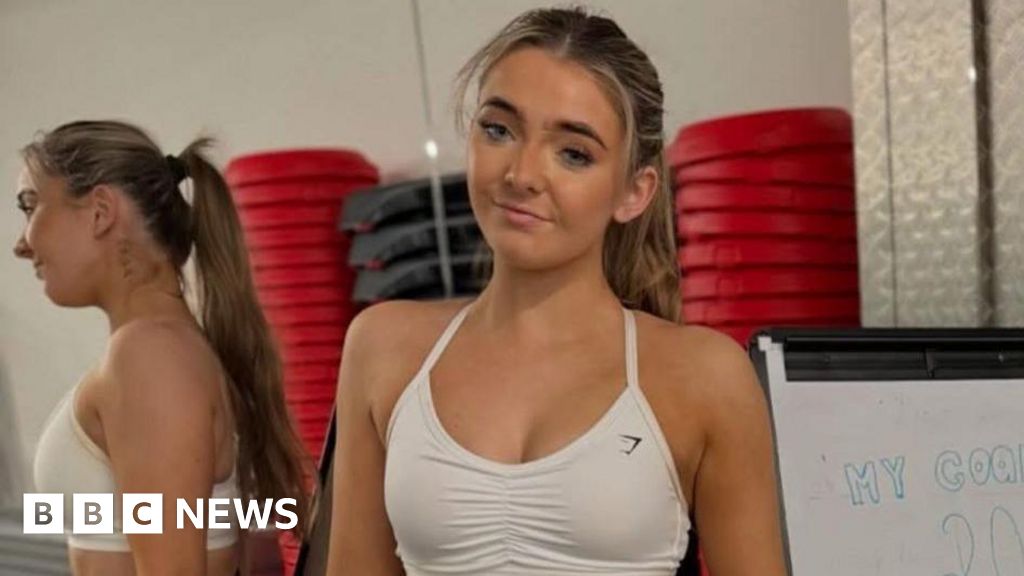ARTICLE AD BOX
 Image source, Getty Images
Image source, Getty Images
By Michael Race
Business reporter, BBC News
Banks are "taking too long" to pass on increases in interest rates to savers, the chancellor has claimed.
Jeremy Hunt said people with instant access accounts were being particularly hit by the "issue that needs solving".
Banks have moved quickly to pass on higher interest rates to mortgage customers, but appear to be slower in raising returns for savers.
The trade body for the banking sector said saving and mortgage rates were not "directly linked".
But Mr Hunt said he raised the issue in "no uncertain terms" with banks last week.
"It is taking too long for the increases in interest rates to be passed on to savers," he said, adding things were particularly slow to those with instant access accounts. "The rates are more frequently being passed on to people who have fixed term, fixed notice accounts," Mr Hunt said.
Latest figures show the gap between average mortgage and savings rates is wider than it was in December 2021, when the Bank of England first starting increasing interest rates in its battle to slow the speed of rising consumer prices.
Back then, the average two-year fixed mortgage rate was 2.38% and the average easy access savings rate - which is the most common savings account - was 0.19%, a gap of 2.19%, according to financial information firm Moneyfacts.
On Monday, the average two-year mortgage deal hit 6.23% and the savings rate was 2.36%, a gap of 3.87%.
But while the gap has widened since interest rates were first raised, it is smaller than in December 2022, when it was 4.24%.
Banks' profits are generally increased by interest rate rises, as it typically boosts net interest income: the amount of money banks can increase borrowing costs by, versus the amount they pay out in interest on deposits.
UK Finance, the trade body for the banking sector, has said saving and mortgage rates "aren't directly linked and therefore move at different times and by different amounts".
"Savings rates are driven by a number of factors, not just the Bank of England's Bank Rate - one key factor is whether someone wants instant access or can deposit money for a longer period of time," it said.
But MPs on the Treasury Committee have raised the issue of savings rates not being raised in line with mortgage costs regularly in recent months.
In February, the chief executives of four of the biggest banks in the UK - NatWest, Lloyds, HSBC and Barclays -were questioned by MPs over the generosity of their savings rates.
The chancellor is to meet with regulators on Wednesday to discuss inflation and how interest rate changes are passed on to consumers.
Asked by the BBC why he had not publicly raised the issue of savings returns earlier, the Treasury said Mr Hunt was in "regular contact" with banks.
Additional reporting by Peter Ruddick

 1 year ago
79
1 year ago
79








 English (US) ·
English (US) ·